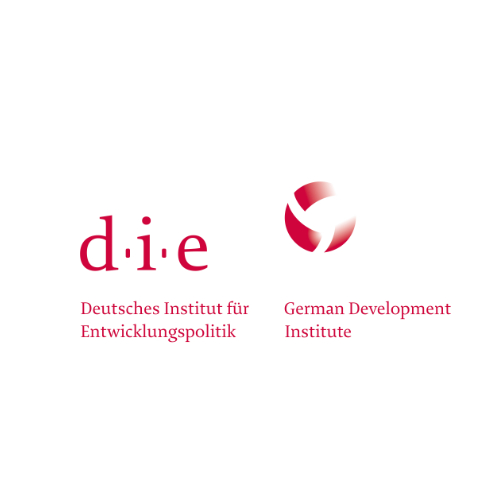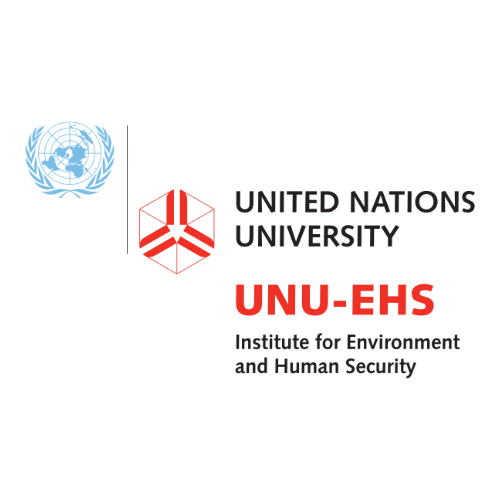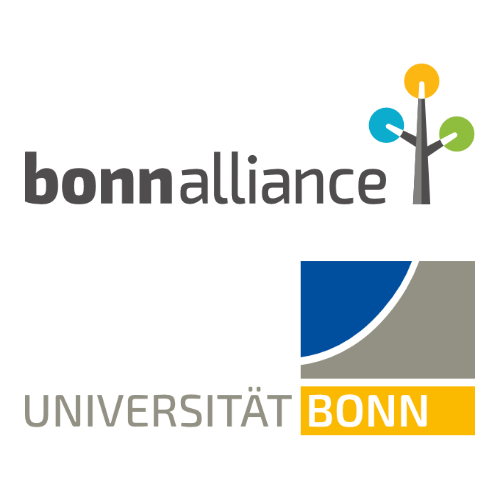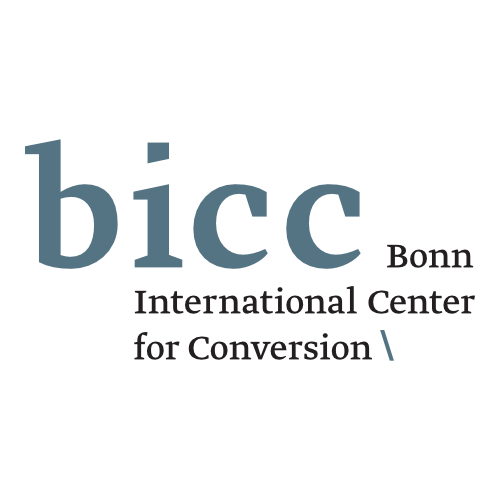
How to save the oceans?
Dorothea Wehrmann, Jacqueline Götze, Michał Łuszczuk, Katarzyna Radzik-Maruszak and Arne Riedel illustrate why and how exactly the UN decade should be used to foster transdisciplinary research, the inclusion of place-based knowledge and collaborative knowledge agendas.


